Budget airlines get a bad rap, and honestly, some of it’s deserved. But here’s the thing that might surprise you: these no-frills carriers have actually figured out some pretty clever ways to make flying better, not just cheaper. While everyone focuses on the fees and cramped seats, they’re missing the genuine advantages that come with the budget airline approach.
Sure, you won’t get a gourmet meal or lie-flat seats, but budget airlines have streamlined air travel in ways that can actually improve your experience. From cutting out the nonsense fees that legacy carriers love to charge, to making the whole process more straightforward, these airlines have some tricks up their sleeves that even frequent flyers don’t always notice.
Here is a list of 17 budget airline features that genuinely make your flight experience better, not worse.
No Change Fees

Most budget airlines have ditched the ridiculous change fees that legacy carriers love to slap on travelers. Southwest Airlines leads this charge with its no-change-fee policy, allowing passengers to modify travel plans without expensive penalties. This flexibility means you can adjust your schedule when life happens, without getting hit with fees that sometimes cost more than your original ticket. Compare that to legacy airlines that can charge $200 or more just to move your flight by a few hours, and suddenly budget carriers start looking pretty smart.
Free Carry-On Allowances
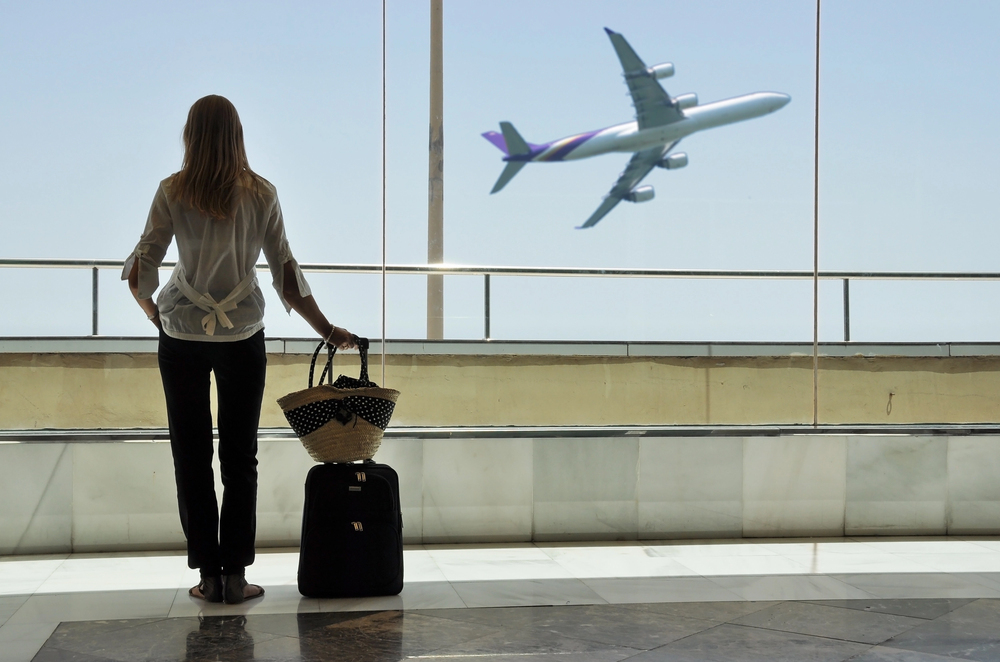
While ultra-low-cost carriers might charge for carry-ons, many budget airlines still include a free standard carry-on bag plus a personal item. Southwest allows all passengers to bring one carry-on bag and one personal item at no charge, which is more generous than some legacy carriers’ basic economy fares. This means you can pack for a week-long trip without paying extra, as long as you’re smart about what you bring. It’s amazing how much you can fit in a carry-on when you’re not paying $35 just to check a small bag.
Transparent Pricing
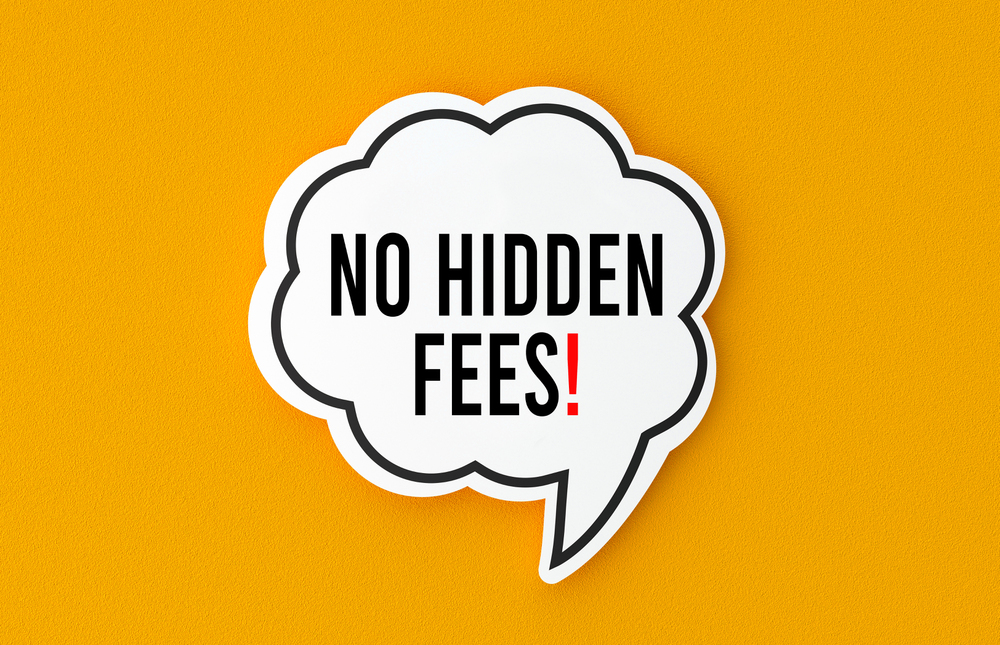
Budget airlines excel at showing you exactly what you’re paying for upfront. There’s no mystery about fees or hidden charges that suddenly appear at checkout. Many passengers appreciate the transparency of Southwest’s pricing, with no hidden fees, making it easier to budget for your trip. When a budget airline says your flight costs $89, that’s usually what you’ll pay, unlike legacy carriers, where the base fare can double once you add all the ‘essentials’ they charge for separately.
Faster Boarding Process
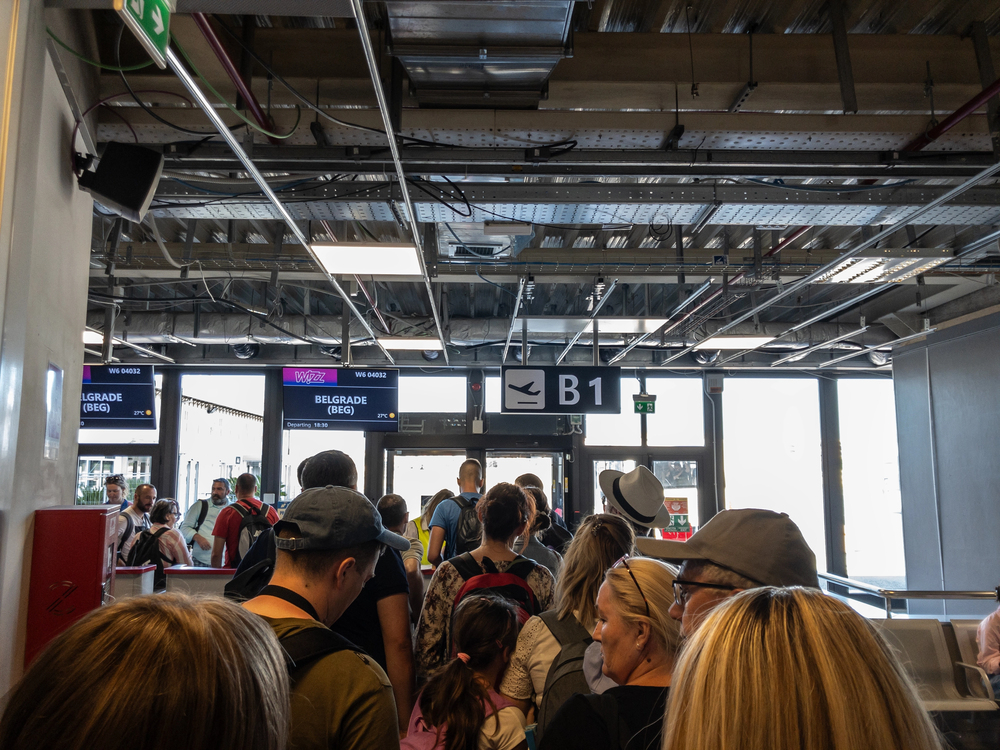
— Photo by BalkansCat
Budget airlines have mastered the art of getting people on and off planes quickly. Their simplified boarding procedures mean less time standing in endless lines at the gate. Airlines are implementing streamlined boarding procedures to reduce wait times, and budget carriers often lead this charge. Without complicated boarding groups based on credit card status or elite tiers, everyone knows exactly when to line up, and the whole process moves faster than you’d expect.
Point-to-Point Routes
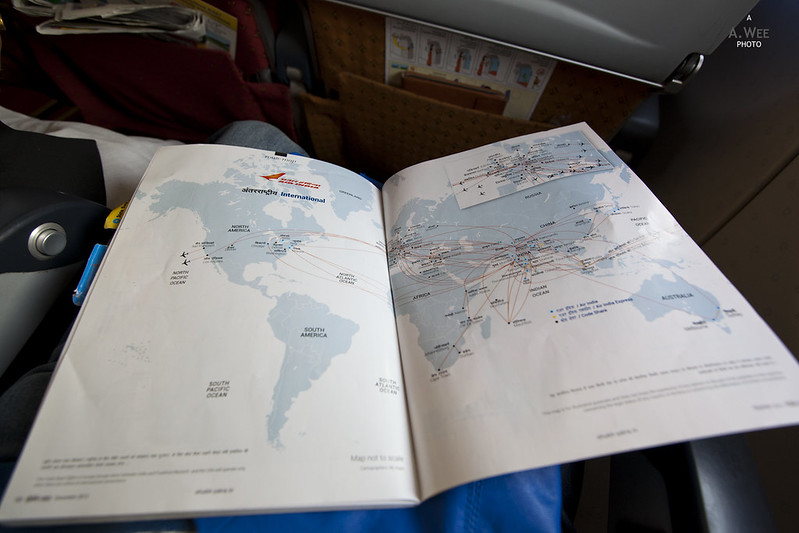
Budget airlines focus on direct flights between cities you actually want to visit, rather than forcing you through major hub airports. This approach often gets you to your destination faster and with fewer delays than connecting through a massive airport where weather delays can ripple through the entire system. Budget airlines are focusing on providing more budget-friendly options for travelers, often serving underserved routes. You might discover some amazing destinations you never considered because budget airlines opened up routes that legacy carriers ignored.
Modern Fleet Efficiency
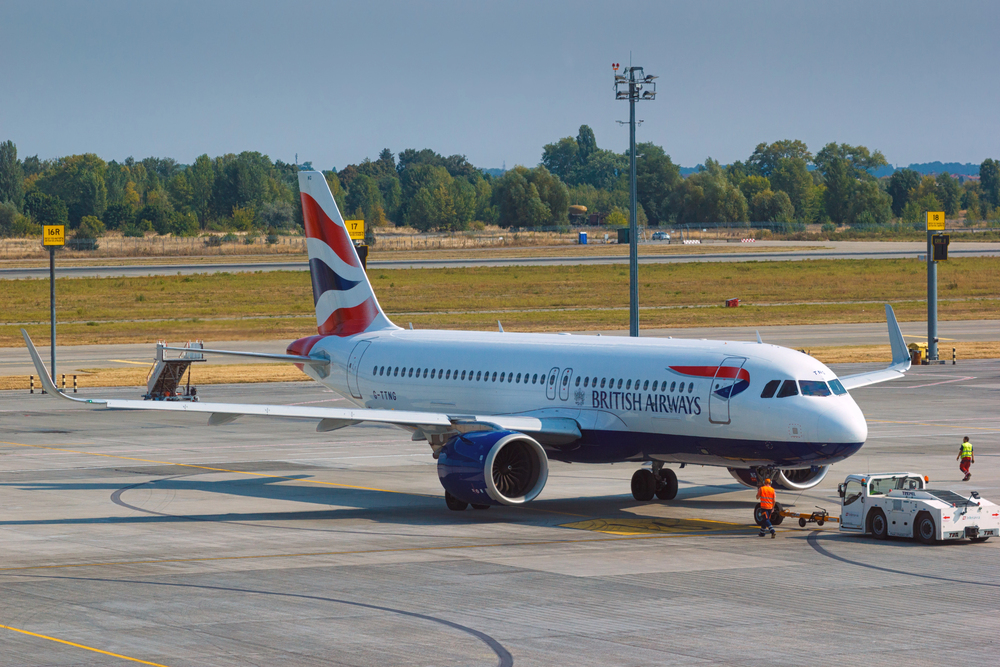
— Photo by MediaGFX
Many budget airlines operate newer, more fuel-efficient aircraft than their legacy counterparts. Allegiant serves nearly 130 destinations on a fairly modern fleet of Airbus planes with an average age of 13 years. Newer planes typically mean better fuel economy, more reliable operations, and often better cabin technology. While the seats might be closer together, you’re flying in aircraft that are often more environmentally friendly and less likely to have mechanical issues.
Free Entertainment Options
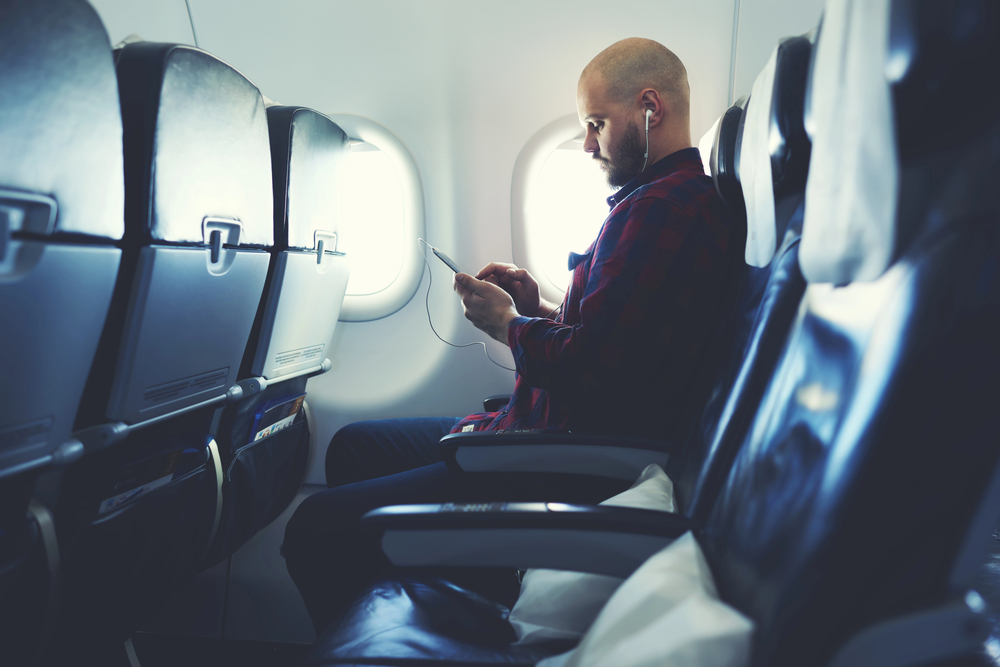
Budget airlines have embraced streaming entertainment that you can access on your own device, eliminating the need for clunky seatback screens. Southwest offers free movies, live TV, and in-flight messaging for all passengers. This approach gives you more control over your entertainment experience, and you can use a device you’re already comfortable with. Plus, your phone or tablet probably has a better screen than those ancient seatback monitors anyway.
Simplified Operations
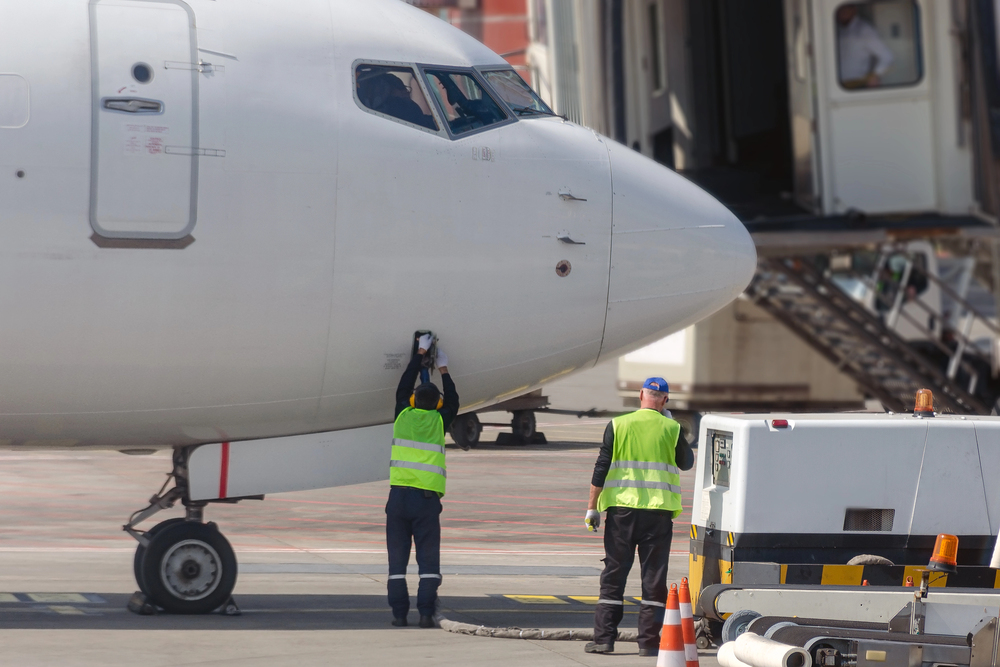
Budget airlines operate with streamlined procedures that reduce delays and complications. Southwest stuck to short routes that they could easily run multiple times per day, and their entire fleet was made up of Boeing 737s, so their crews only had to deal with one type of aircraft. This operational simplicity means fewer moving parts that can go wrong, often resulting in better on-time performance. When an airline only flies one type of plane, their mechanics know exactly what they’re working with, and crews can substitute for each other more easily.
Mobile App Integration
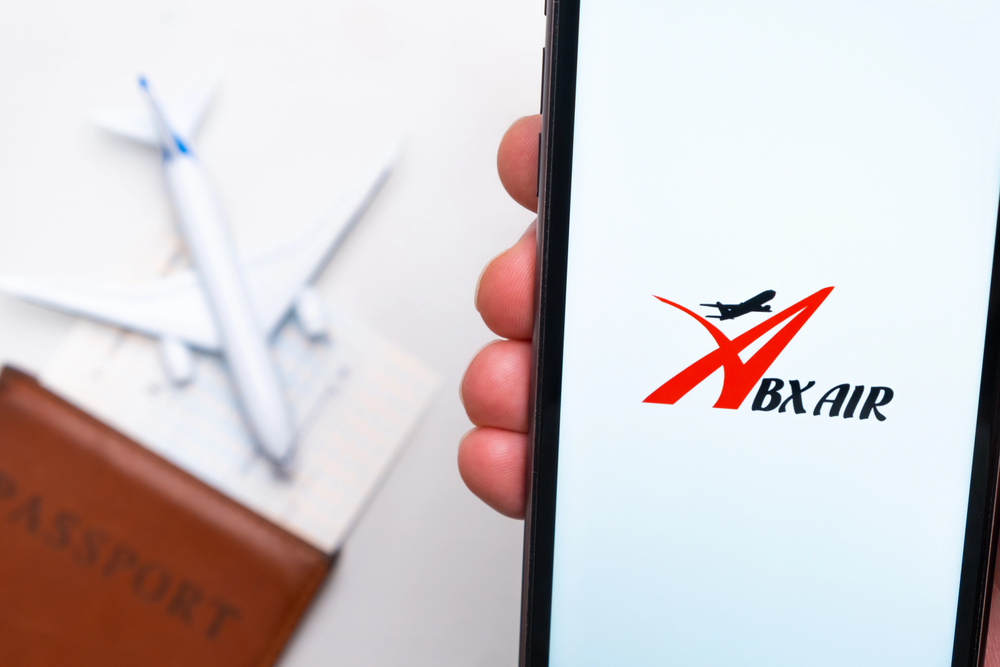
— Photo by rss.vladimir@gmail.com
Budget airlines have invested heavily in mobile technology that puts control in your hands. Enhanced mobile applications provide easier check-in and tracking, often surpassing what legacy carriers offer. You can check in, get your boarding pass, track your flight, and even chat with customer service through apps that are designed to be user-friendly. Since budget airlines want to reduce staffing costs, they’ve made their apps genuinely useful tools rather than afterthoughts.
Flexible Cancellation Policies
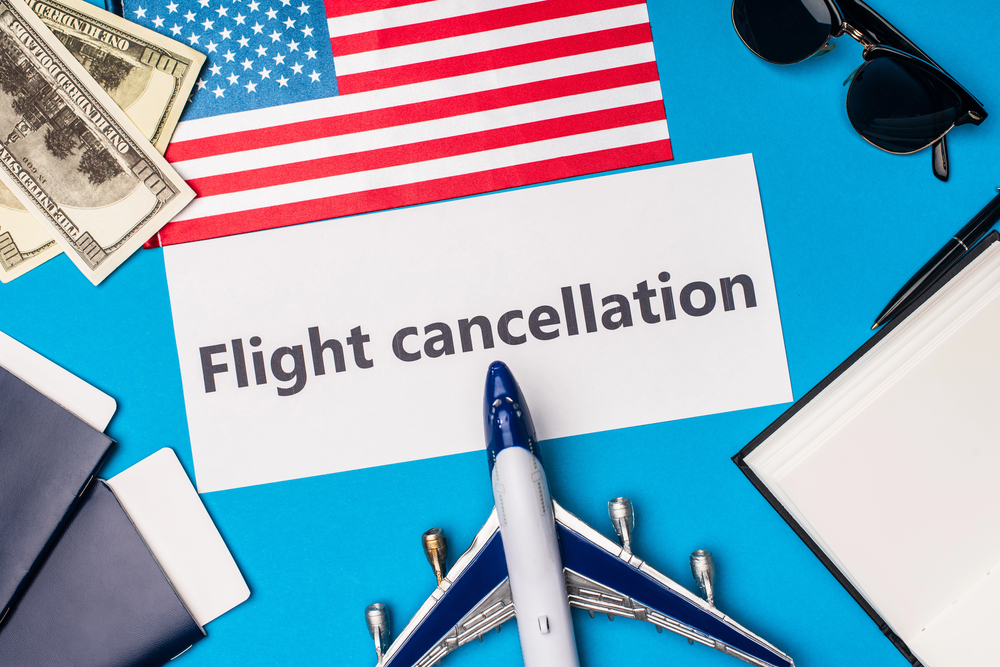
Despite their reputation for strict rules, many budget airlines offer surprisingly flexible cancellation policies. All Southwest fare types are eligible for cancellations without a fee, which is more generous than many legacy carriers’ policies. When your plans change, you can often get a credit for future travel rather than forfeiting your money entirely. This flexibility is especially valuable in uncertain times when travel plans might need to shift at the last minute.
Credit Card Partnership Benefits
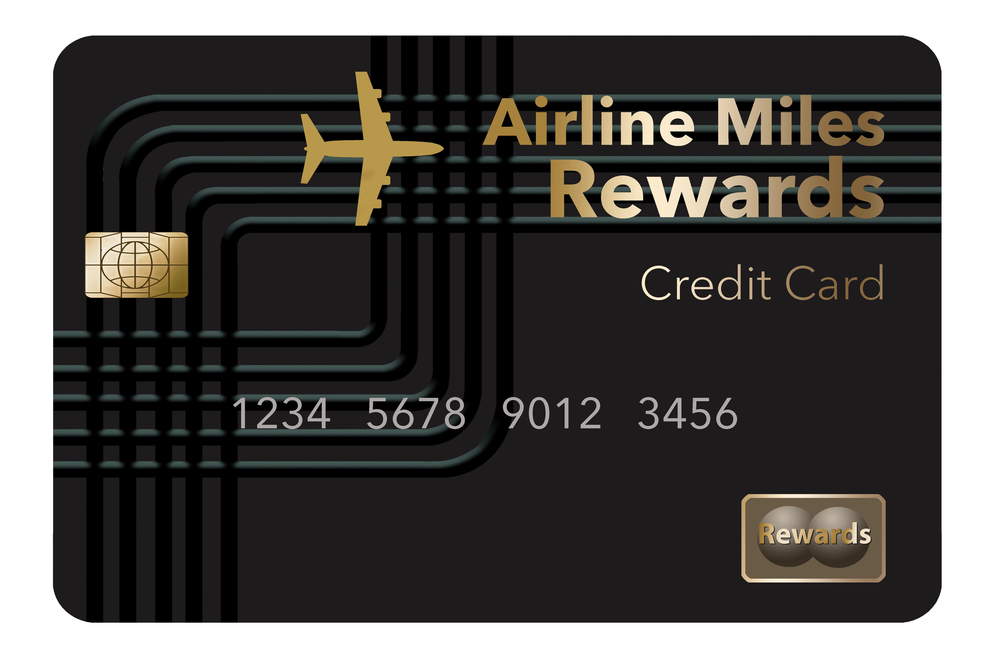
Budget airline credit cards often provide better value than legacy airline cards for occasional travelers. Southwest credit card holders receive one checked bag for free, with this perk applying to up to eight companions traveling with the main cardholder. These partnerships can extend benefits to your entire travel party, not just the primary cardholder. For families or groups, this can result in significant savings compared to paying individual fees.
Secondary Airport Advantages
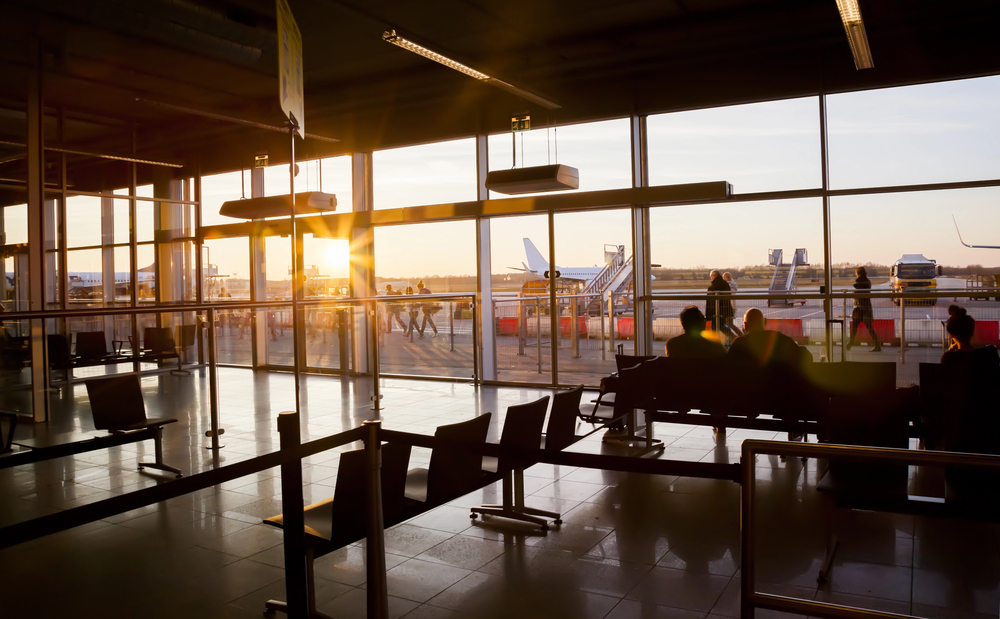
Budget airlines often use smaller, less congested airports that can actually improve your travel experience. Budget airlines often operate from secondary or regional airports, but this isn’t always a disadvantage. These airports typically have shorter security lines, easier parking, and less chaos than major hubs. You might spend a bit more on ground transportation, but you’ll save time and stress navigating a smaller, more manageable facility.
Elite Status Accessibility

Budget airline loyalty programs are often easier to achieve and maintain than legacy carrier programs. Southwest’s A-List and A-List Preferred members receive checked bag benefits and priority boarding. Since budget airlines focus on frequency rather than spending, you can often earn status by taking more trips rather than paying premium fares. This approach rewards loyalty in a way that’s accessible to regular travelers, not just business travelers with unlimited expense accounts.
Efficient Turnaround Times
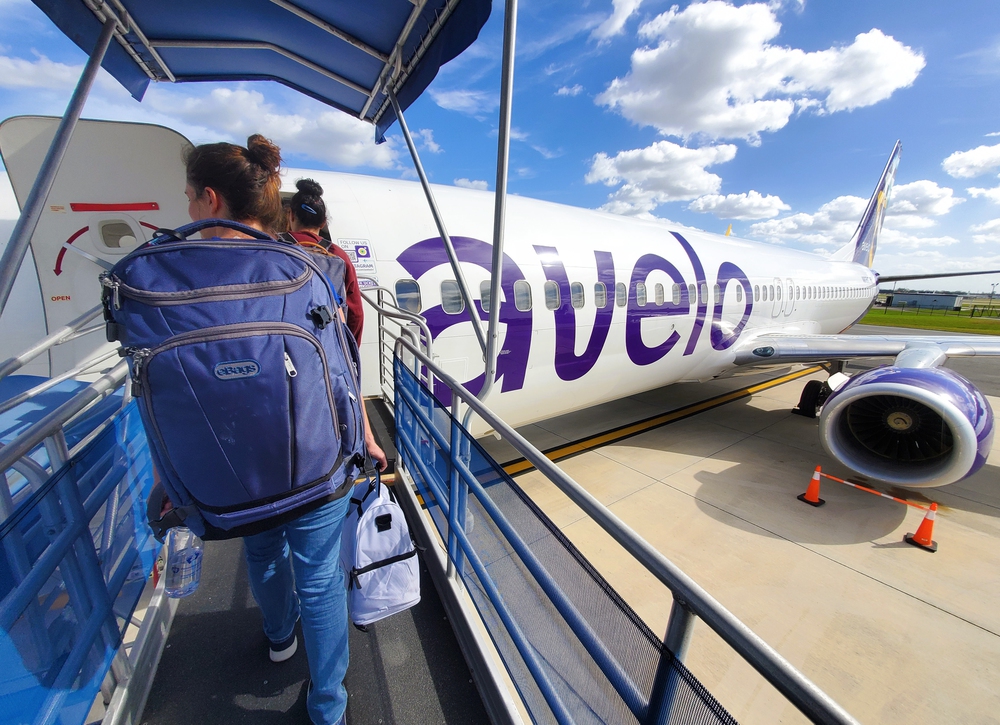
— Photo by khairil77
Budget airlines excel at quick aircraft turnarounds, which often translates to more reliable schedules. Avelo Airlines has an industry-leading on-time performance of 85.1% and the lowest flight cancellation rate. When planes spend less time at the gate, there’s less opportunity for delays to compound throughout the day. This efficiency benefits passengers through fewer cancellations and more predictable arrival times.
Competitive Route Pricing

Budget airlines force legacy carriers to lower their prices on competing routes. Researchers have found that when airlines like Spirit or Southwest enter a new market, airfares across the board go down around 20%. Even if you never fly a budget airline, you benefit from their presence in the market. This competitive pressure keeps airfares reasonable and prevents legacy carriers from charging whatever they want on popular routes.
Straightforward Service Model

Budget airlines eliminate the confusing array of service classes and fare types that make booking with legacy carriers complicated. Budget airlines treat reducing overhead like a sport, offering what are often drastically lower fares. What you see is what you get, without having to decode the difference between basic economy, economy, premium economy, and whatever other categories airlines dream up. This simplicity makes comparing options and booking flights much more straightforward.
Innovation in Customer Experience
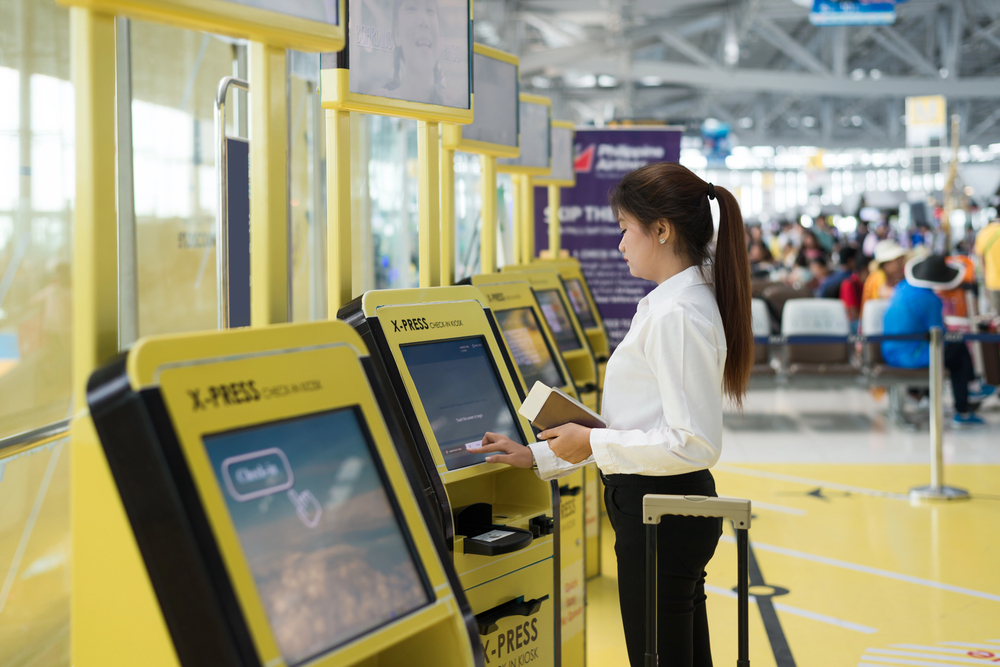
— Photo by ake1150sb
Budget airlines often lead the industry in adopting new technologies and processes that improve the passenger experience. Airlines are incorporating advanced booking systems and dynamic pricing algorithms that adapt to real-time demand. Since they can’t compete on luxury, budget carriers focus on efficiency and convenience innovations. They’re often the first to implement useful features like mobile boarding passes, automated check-in, and streamlined baggage handling.
Beyond the Budget Stigma
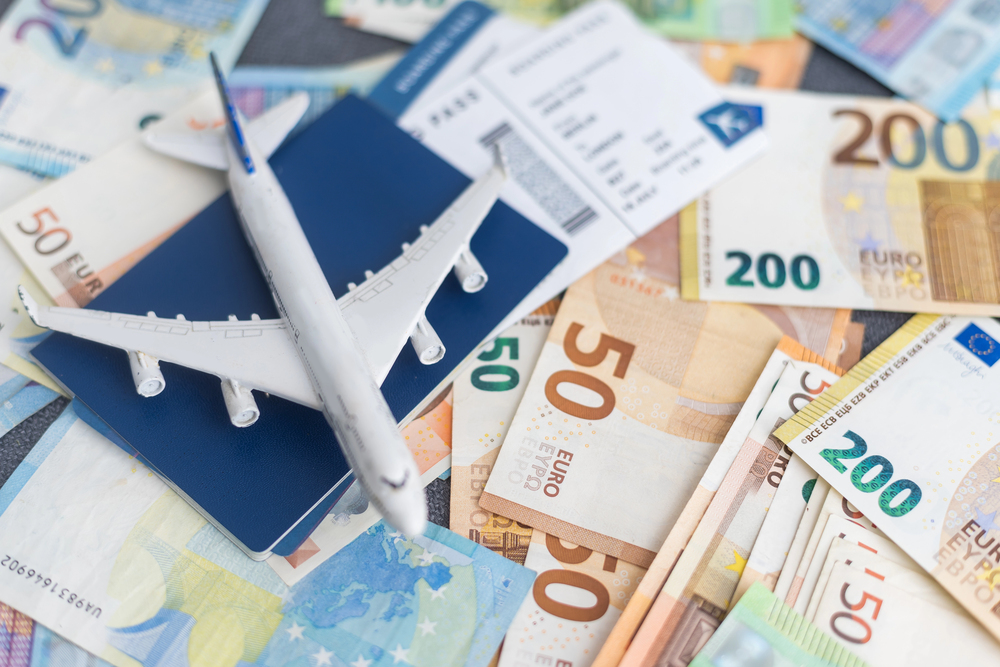
The budget airline model has evolved far beyond its bare-bones origins, developing features that genuinely enhance travel rather than just cutting costs. These carriers have discovered that efficiency and simplicity often create a better passenger experience than the complicated, fee-heavy approach of traditional airlines. While you might not get champagne and warm towels, you’ll often get to your destination faster, cheaper, and with fewer headaches than flying with carriers that nickel and dime you for basic services. The next time you’re booking a flight, consider that ‘budget’ doesn’t always mean ‘worse’ — sometimes it just means ‘smarter.’
More from Travel Pug

- 20 Best Beach Towns in the Carolinas
- 13 Destinations Where Tourists Regularly Regret Their Trip
- 20 Things You Actually Get in First Class
- 20 Small Airports With Aviation Museums
- 20 Places in the U.S. That Are Perfect for a Reset Trip
Like Travel Pug’s content? Follow us on MSN.
